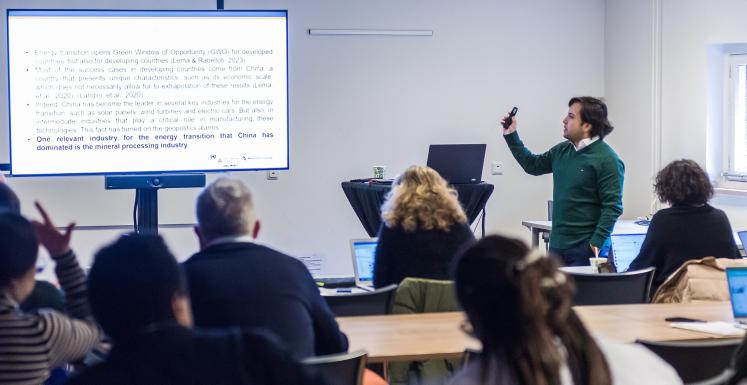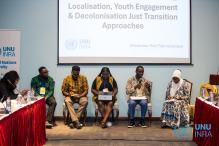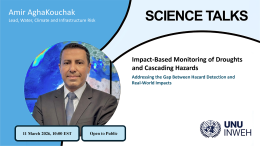On 19-20 February 2024, UNU-MERIT hosted the final symposium of CatChain ('Catching–up along the global value chain: models, determinants and policy implications in the era of the fourth industrial revolution'), a major four-year EU-funded research project. Led by Bocconi University, it involved UNU-MERIT and 11 other international partners based in Europe and beyond (India, Brazil, Costa Rica, Malaysia, South Africa and the Republic of Korea). The project aimed to advance research on catching up and global value chains (GVCs), paying particular attention to the role of entry, learning, and upgrading strategies at the firm and sectoral levels, with a strong focus on public policies to promote such processes. Over the four years, UNU-MERIT hosted 20 researchers on secondments from project partner institutions, with Micheline Goedhuys and Rasmus Lema leading the activities. Furthermore, the project enabled 23 PhD fellows and researchers from UNU-MERIT to deepen their research experiences at five different partner research institutions around the world.
The symposium, entitled ‘Catching up and global value chains in times of transformation,’ marked the conclusion of CatChain, bringing together 40 researchers from more than 20 countries (and international organizations such as UNCTAD, IFC and the World Bank), with their research presentations providing a better understanding of the challenges and opportunities faced by developing countries in catching up with the green and digital transformation. Although research on GVCs emerged more than 20 years ago, it was not until recently that researchers began to examine this topic in the context of the sustainability agenda and science, technology and innovation policy. The purpose of the symposium was to take stock and identify areas for new research areas in this field. The implications for the design of policies and strategies to support the catching-up process have been discussed at length, and new approaches based on economic complexity - and on regional and global value chains - have been proposed. The papers presented focused on disentangling what the key challenges and opportunities for latecomer countries are in terms of participating in global green innovation networks, with a special emphasis on how such technologies are developed and interact with digitalization. During the two-day event, the issue of 'critical minerals' - minerals that are in increasingly high demand in order to accomplish the digital and green transitions - enjoyed new priority compared to previous events. Such a rising demand could open new opportunities to developing countries, overcoming the traditional 'natural resource curse' by processing and exporting these minerals. The themes of GVC restructuring induced by protectionist policies in advanced countries and by geopolitical considerations, as well as the implications of the green transition on labour markets and social welfare in emerging countries, also captured substantial attention.
Two keynote speakers and discussants added to the high-profile of the symposium. Jorge Katz (University of Chile) presented an analysis of the 'four economies' coexisting in most Latin American countries and revealing a world of contradictions and rising disparities facing a new digital-biological paradigm. Luc Soete and Carlo Pietrobelli (UNU-MERIT and UNESCO Chair) discussed his thesis. Bart Verspagen (UNU-MERIT) in his keynote offered a novel approach to studying GVCs and proposed a different conceptual approach to economic complexity. Maria Savona (LUISS and SPRU) gave her insightful interpretation and comments.
Here, we share some photo impressions from the interaction-packed two days:
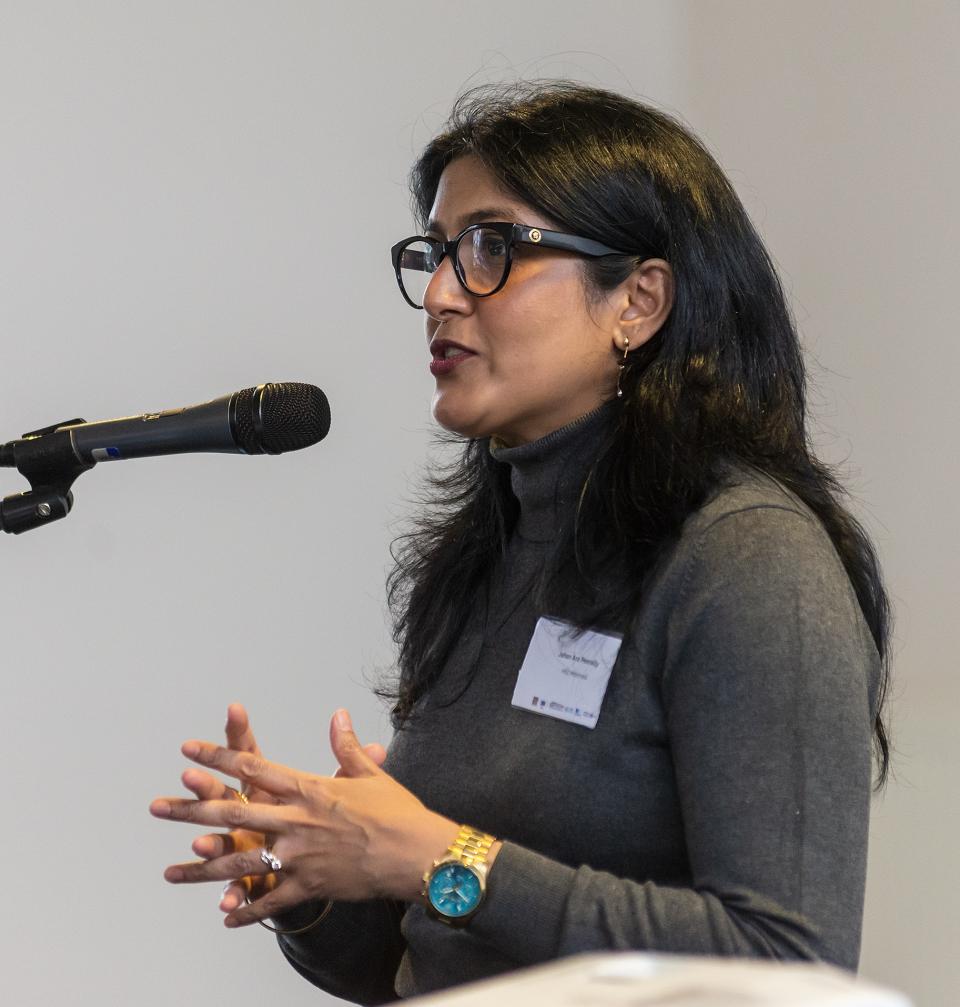
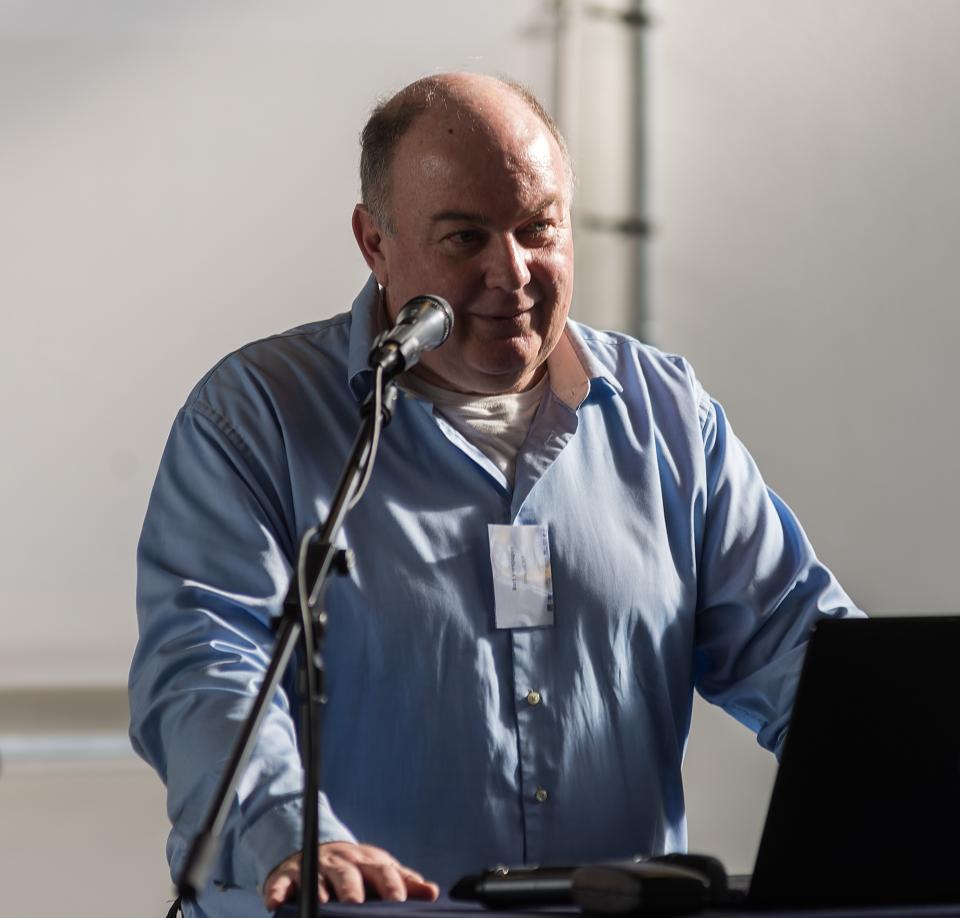
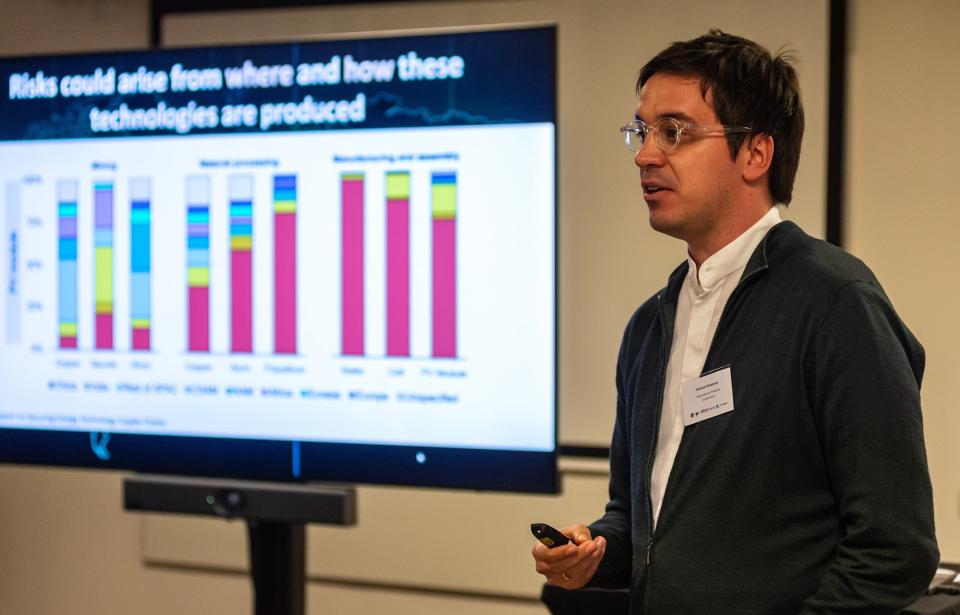
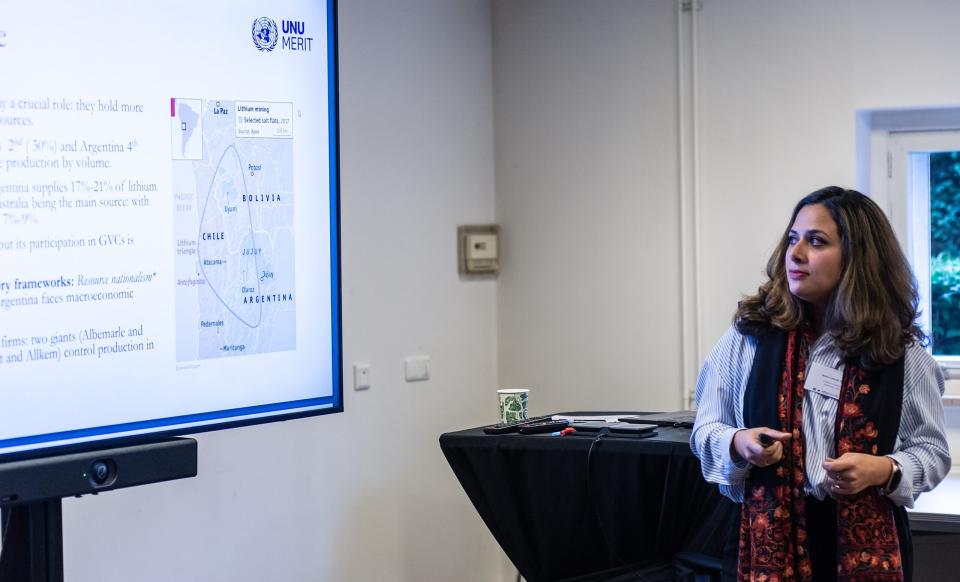
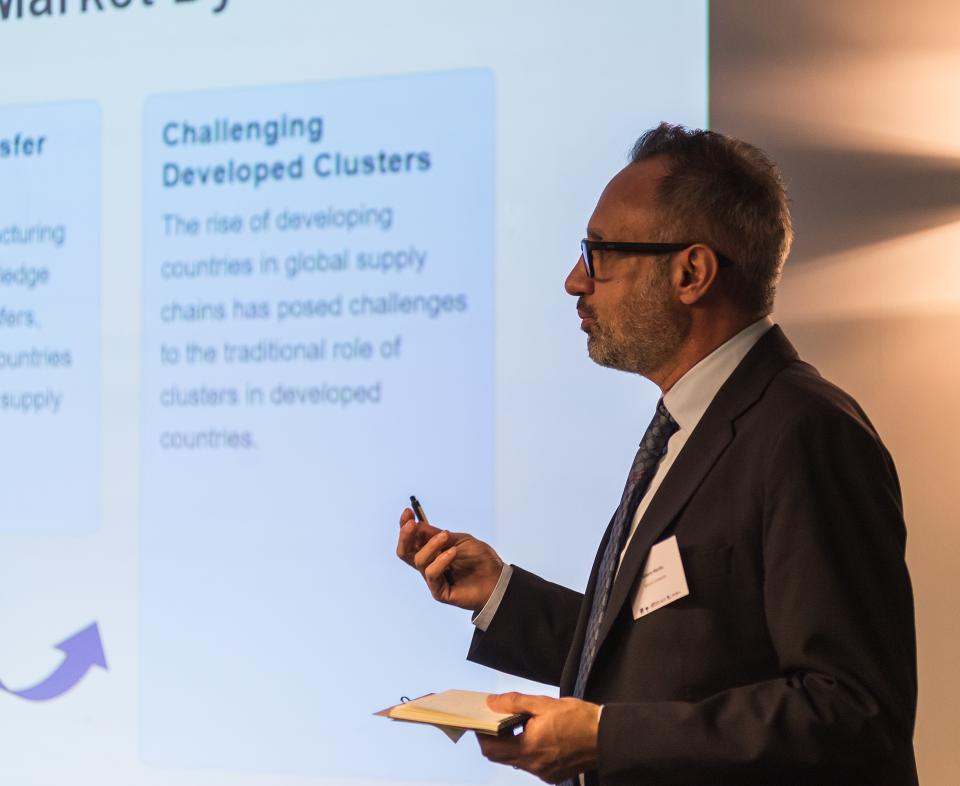
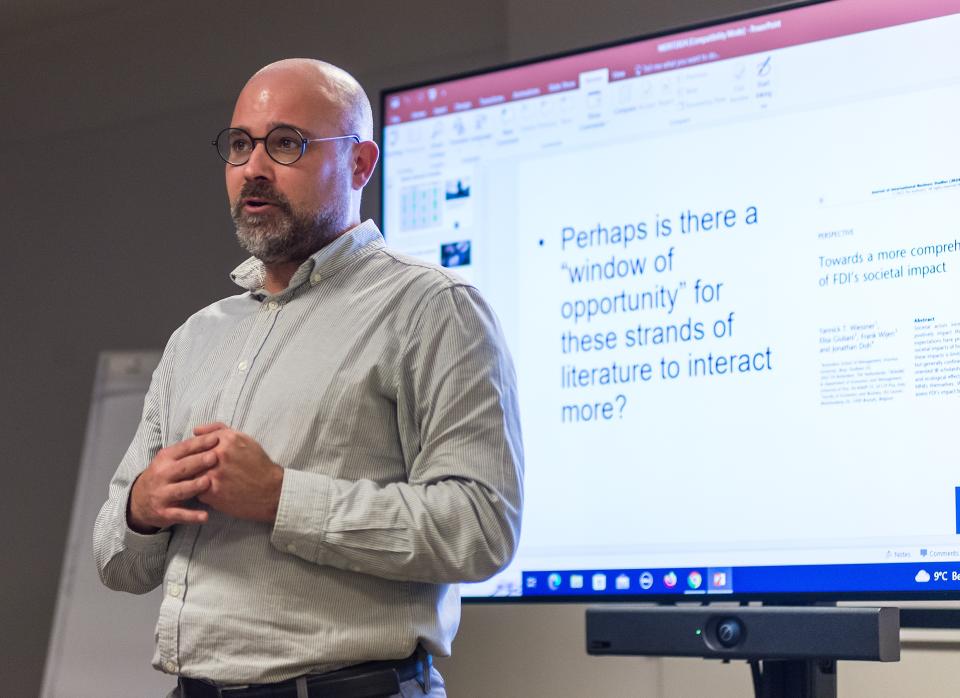
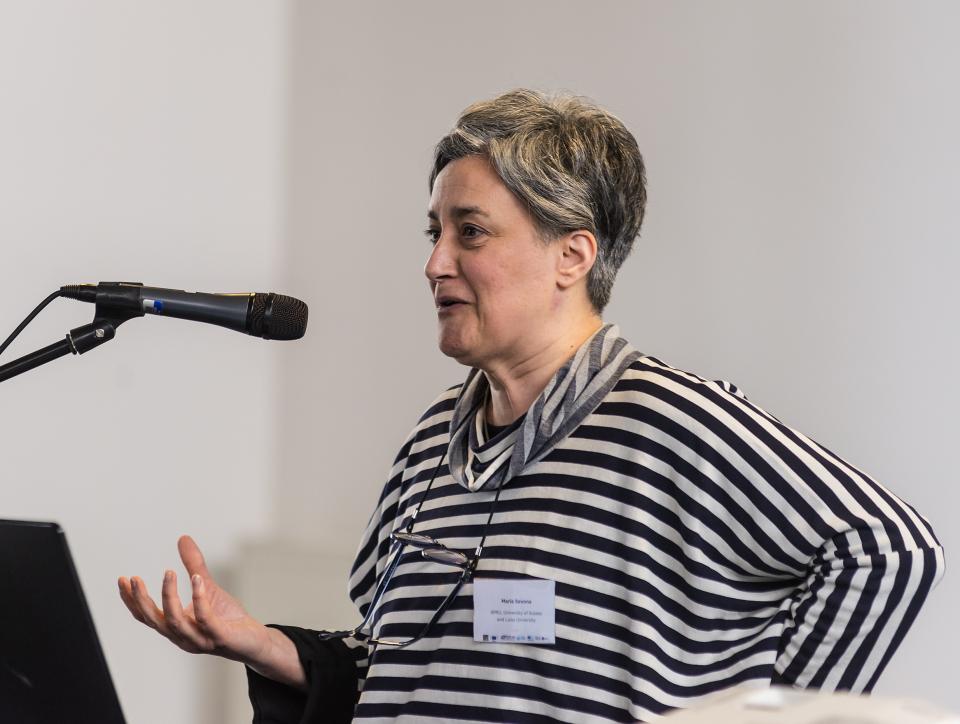
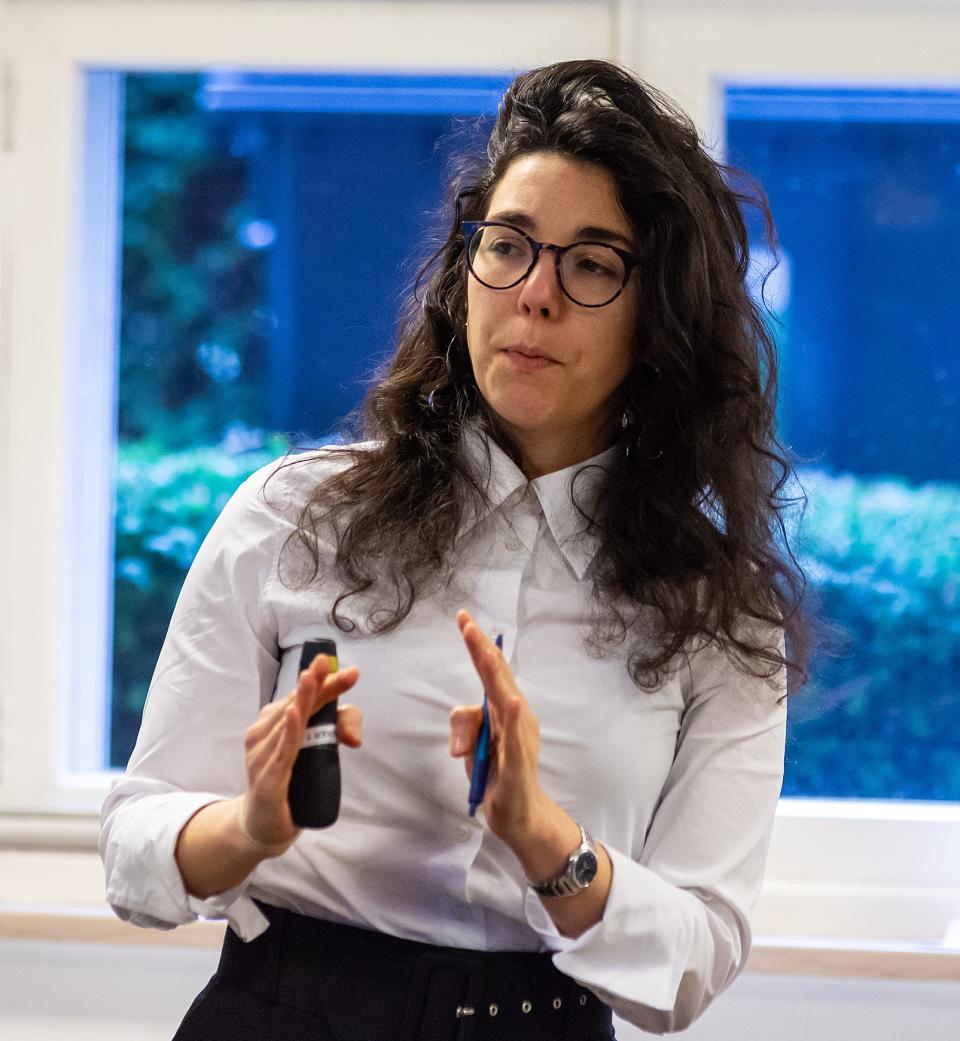
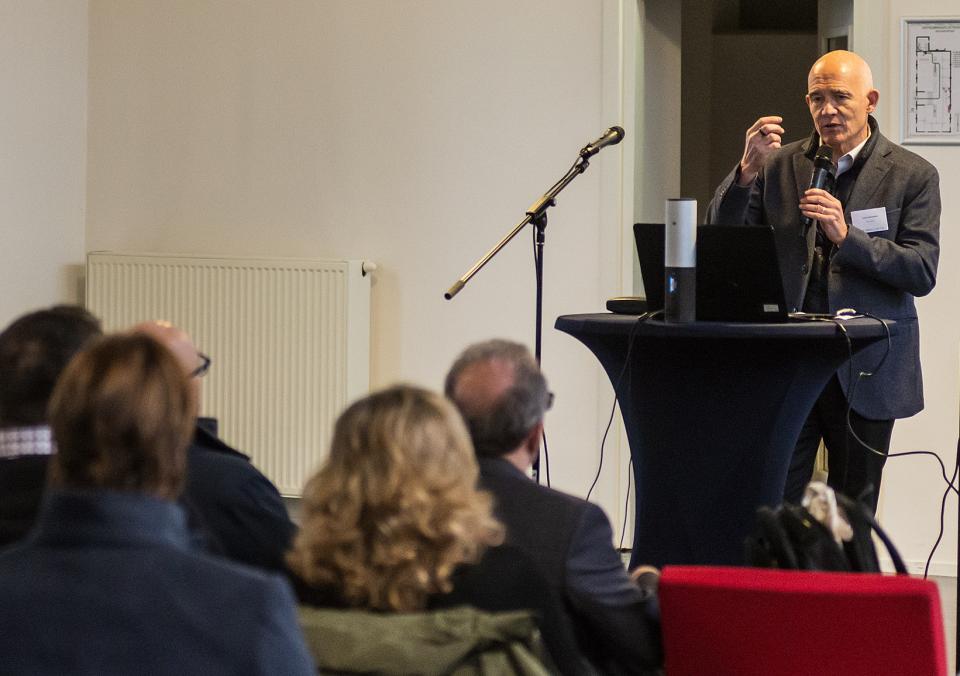
To learn more about all of the sessions that were held, the programme can be downloaded here.

